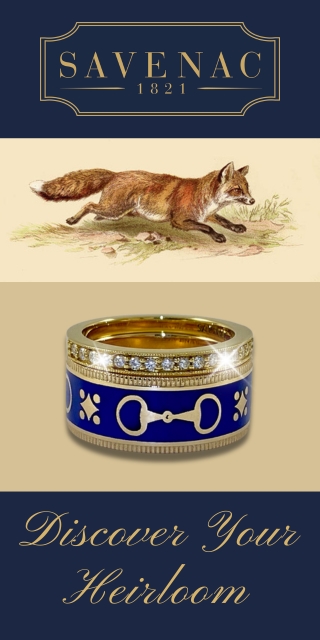Researchers have discovered a species of tiny wasp that may prove to be a sustainable way of managing fly population on horse farms without the use of insecticides.
Preferring horse manure over cattle manure, a lab study showed that the Spalangia female wasp inserts her eggs into fly puparium in the manure. When her eggs hatch, the wasp larvae eat the fly pupae. (Another wasp species, the Muscidifurax, appears to prefer bovine manure to equine manure!)
The two species of parasitic wasps are sold commercially. The authors of the study also provide advice on when, how, and how many wasps should be released.
The paper was published by the Entomological Society of America in their Journal of Integrated Pest Management, written for farmers, ranchers, and extension professionals.
Journal Reference:
Erika T. Machtinger, Christopher J. Geden, Phillip E. Kaufman, Amanda M. House. “Use of Pupal Parasitoids as Biological Control Agents of Filth Flies on Equine Facilities.” Journal of Integrated Pest Management, September 2015 DOI: 10.1093/jipm/pmv015
Posted September 24, 2015

















